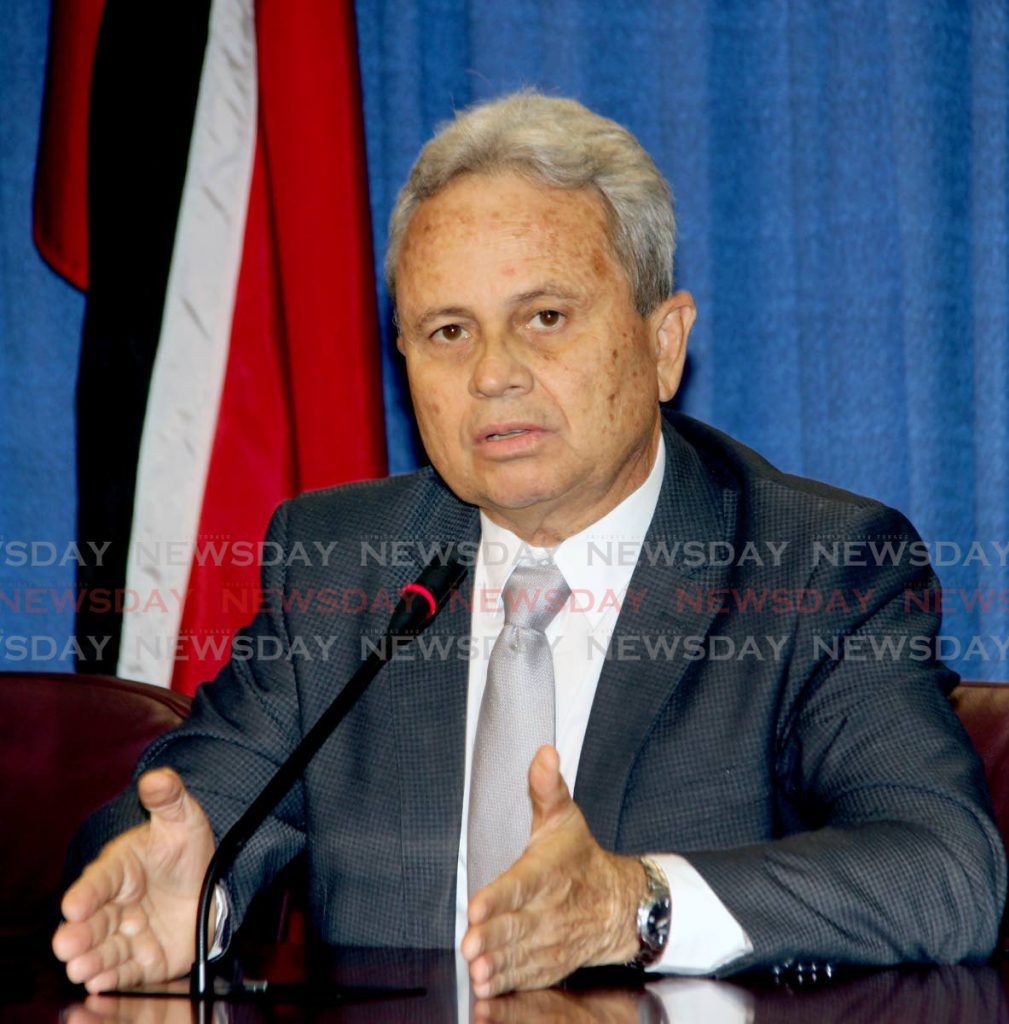Colm’s crucial mid-year review

ALL EYES will be on today’s sitting of the House of Representatives, where Finance Minister Colm Imbert is due to present his mid-year review.
Such reviews are by now routine. But the current circumstances, in which fast-paced global developments continue to have a profound impact on our economic prospects, have rendered these exercises crucial. Indeed, we now live in a world in which mid-year budget reviews have almost as much consequence as the presentation of the annual fiscal package itself.
The context of today’s sitting is unusually fraught. The population is in yet another lockdown and all but essential businesses have been closed. While there is optimism the borders will soon reopen, there are serious questions over the possibility that we will achieve the necessary rate of vaccination in order to safely resume full-scale economic activity, notwithstanding the optimism of Health Minister Terrence Deyalsingh.
Last year, Mr Imbert told us revenue was projected at $41.6 billion, while expenditure could total about $49.6 billion. Today, he will have to tell us how well we have performed in relation to those estimates, as well as to indicate the State’s thinking with regard to the economic fallout from the current period of emergency.
Whether the deficit that had been projected – $8.2 billon (half of the previous year’s deficit) – will shift will reflect a wide range of variables. Whatever the case, Mr Imbert must outline a clear plan to finance it. The terms of loan arrangements, including recent bilateral arrangements with China tied to vaccination efforts, should be disclosed.
It’s not all doom and gloom. Any state-of-emergency fallout should be held against the “soft” rebound that had been expected for the first portion of this year.
A few weeks ago, in its annual economic survey, the Central Bank noted the non-energy sector and business activity were expected to make a comeback, given that people had long acclimatised to public health restrictions.
The bank’s last economic bulletin also noted inflation has remained low during this period of upheaval, notwithstanding huge supply pressures. Non-energy sector construction grew by 12.4 per cent. That was a few weeks ago.
Meanwhile, the public needs to hear more about the social support the State intends to extend to the vulnerable: government funds may be running low, but not as low as those of many individuals who have exhausted their savings, if any, and are approaching desperation. It is not enough for Mr Imbert and other ministers simply to list existing commitments being kept.
The conflicting statements in relation to the fate of CEPEP – which Mr Imbert must clarify – serve as tacit acknowledgement of the need for special measures to better help individuals and businesses.
Monday's virtual sitting of the Parliament’s Standing Finance Committee demonstrated the fact that while the economy is in hibernation, Mr Imbert still has much to account for.

Comments
"Colm’s crucial mid-year review"